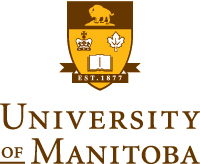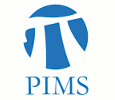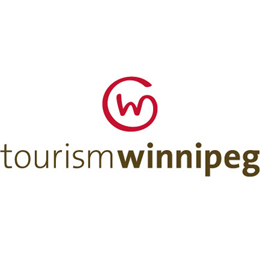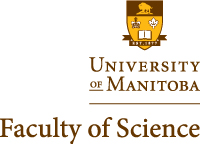2014 CMS Summer Meeting
University of Manitoba, June 6 - 9, 2014
Public Lectures
[PDF]
[PDF]
- BARBARA KEYFITZ, The Ohio State University
Not Your Grandmother's Applied Mathematics [PDF]
-
There was a time when everyone who called themselves an applied mathematician did more or less the same thing: some ordinary or partial differential equations, typically with a flavor of mechanics or fluid dynamics, using a broad-based but circumscribed set of techniques -- asymptotics, singular perturbations, and power series, often motivated by symmetries in the underlying problems. Developments in technology (computers, of course, but, just as important, software that makes simulation of solutions a simple exercise) have changed the way mathematics is used in such classical applications as aerodynamics. At the same time, fields of human endeavor that once seemed far from mathematics, like medicine or urban planning, have become more quantitative and more predictive, and have discovered the need for types of mathematics that are new to applications, like number theory. Experience suggests that mathematicians will not soon be replaced by computers, but are now needed more than ever to help derive and to make sense of models of physical, biological and behavioral processes.
This talk will sketch the changing face of applied mathematics, both as an academic discipline (what should we teach our students) and as a conduit for the interaction of mathematicians with the non-academic world.
- JOHN MIGHTON, Fields Institute
The Myth of Ability [PDF]
-
Our society is harmed in many ways because we do not teach children
according to their true potential in mathematics. I will present evidence
from cognitive science and from the JUMP Math program that ability in math
can be nurtured in virtually every student. I will examine which of the
approaches to teaching mathematics presently used in our schools are
effective and which need to be reevaluated or modified.







